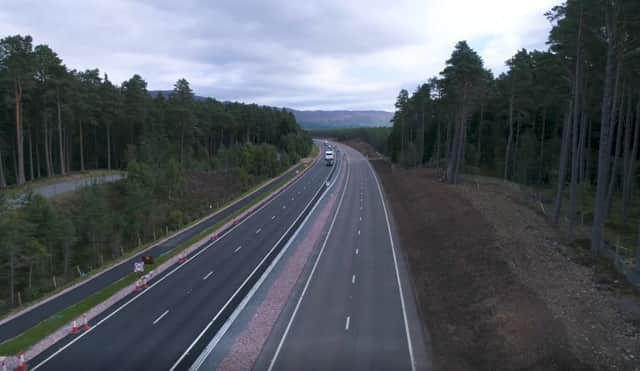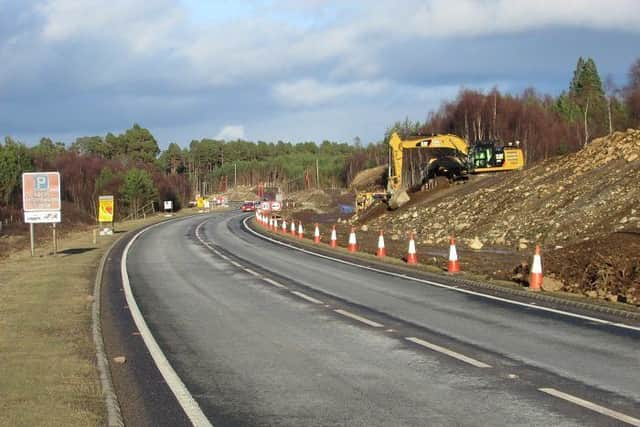Would you scrap your old car for an electric bike in a radical anti-pollution scheme? - Alastair Dalton


Remember the scrappage scheme? A decade ago, drivers were encouraged to trade in their old, most polluting vehicles for a new model with a £2,000 enticement – and nearly 400,000 took up the offer.
But back then, the idea of scrapping your old banger for an electric bike would have been seen by some as preposterous.
Advertisement
Hide AdAdvertisement
Hide AdHowever, that’s what is recommended in an overlooked conclusion to a Scottish Government-commissioned report from a former chief executive of the Scottish Environment Protection Agency.


In a stark challenge to traditional thinking, which has rightly been highlighted by Lothian cycle campaign group Spokes, Professor Campbell Gemmell wrote: “Scrappage of older and more polluting vehicles does not have to mean replacement with new motor vehicles.”
He said a new scheme should be used instead to encourage people to switch from driving, “including options for e-bikes, public transport season ticket contributions and other incentives which reduce car ownership”.
Among other hard-hitting conclusions in the report, Cleaner Air for Scotland Strategy – An Independent Review, Prof Gemmell called for major road building to be “significantly de-prioritised” and to ideally end within about five years.
He further told ministers they must again double spending on walking and cycling, which was doubled to £80 million a year in 2017: “Current funding for active travel is insufficient for transformative change.”
Walking a priority?
According to Danish figures quoted in the report, ramping up such spending is a no-brainer. It said €1 (86p) of health benefits was generated for every kilometre cycled rather than driven, which reduced sick days by 1.1 million. A cycling project in Odense, Denmark’s third largest city, cut health costs by €248m (£214m).
You might think vehicle emissions are falling thanks to cleaner engines, so the air quality problem is diminishing. But they’re not – and are still the biggest cause of poor urban air.
So what’s transport secretary Michael Matheson’s position in the debate? Responding to Spokes challenging him on the issue at Cycling Scotland’s annual conference this week, he said it wasn’t a case of taking sides over road building vs walking and cycling. Rather, a combination and balance was required.
Advertisement
Hide AdAdvertisement
Hide AdHe said there was a case for an element of road building along with high-quality improvements to “active travel”, “in the right locations”.
However, there is a massive disparity in spending, when dualling the A9 and A96 are expected to together cost £6 billion alone.
Mr Matheson did also point out the Scottish Government’s “sustainable travel hierarchy” – or who should get priority – and that’s the crucial point.
It’s topped by walking and wheelchairs, followed by cycling, then public transport like buses and trains. Beneath those are taxis and minibuses, with cars at the bottom.
However, for this policy to gain any credence, those at the top need more than a tiny fraction of the spending on those at the bottom, even if cars remain – for now – Scotland’s predominant way of getting around.
Perhaps finance secretary Derek Mackay – a former transport minister – should go one step further than Prof Gemmell’s recommendation and not only double active travel spending in next year’s Scottish Budget but pledge to double it again in 2021.